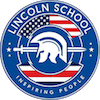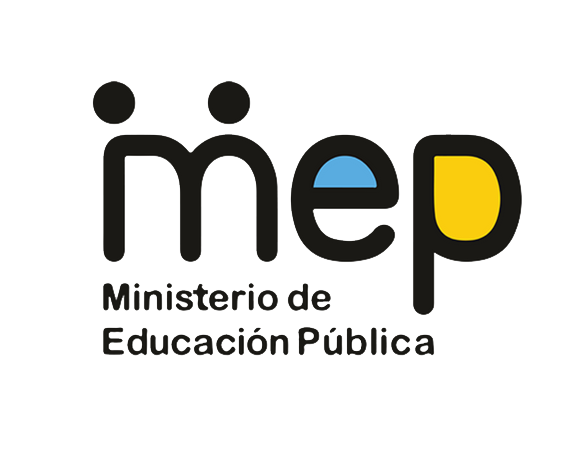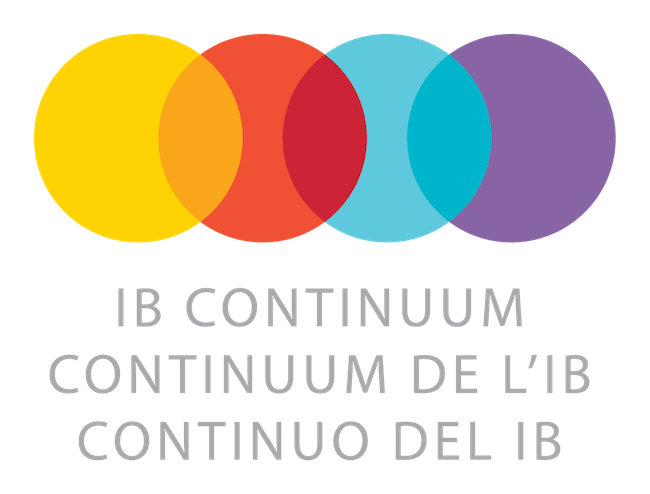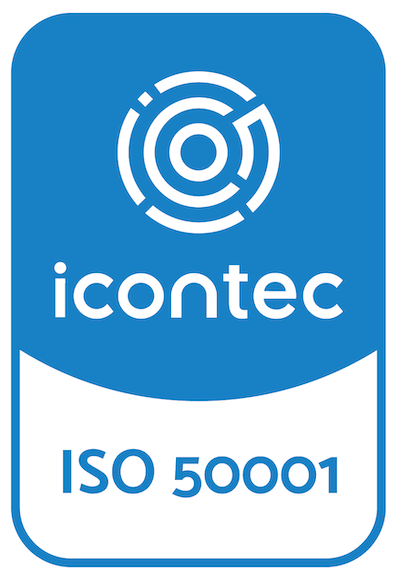The Lincoln Middle School Philosophy
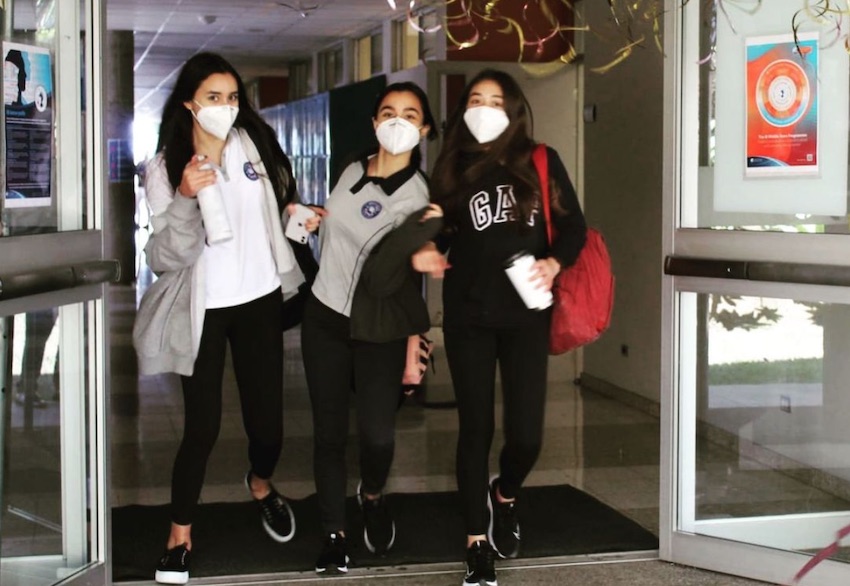
Education should focus on the mastery of an authentic skill set grounded in the development of critical thinking, written language, and computational expertise. Students must learn how to evaluate and interpret text, data, and other media in order to formulate logical conclusions. They must also develop the tools necessary to express their ideas in a fashion that lends credence to their developing expertise.
This manifests itself in our inquiry-based classrooms through a focus on both content and disciplinary literacy skills in all curricular areas.
The arts and athletics are integral components of a well-rounded education. The arts foster creativity and engage our need to see the world beyond facts and figures.
These benefits are not only relevant to the Arts, many studies show that students’ aptitudes in other academic subjects are raised when they are engaged in artistic expression and appreciation. Likewise, athletics provide students with an opportunity not only to develop an appreciation for the benefits of physical fitness but also to practice sportsmanship, problem solving, and teamwork. Again, research clearly demonstrates that athletic involvement positively impacts students’ academic progress and issues of self-esteem and positive decision-making.
To be most effective as educators, teachers and administrators must create an emotionally safe environment that is both interactive and collaborative. The research on this is clear. When students are encouraged to actively participate and collaborate, rather than passively listen, they develop problem-solving and critical thinking skills. The primary role of the teacher in an interactive, inquiry based classroom is to facilitate, not disseminate, whenever possible. Such an environment accommodates a variety of learning styles and encourages students to present their opinions while respecting the opinions of others.
The key to establishing a positive school culture is to develop a proactive system of support that emphasizes students’ successes. Effective educators understand that students learn more when they are encouraged to take academic risks and think creatively about solutions to “unsolvable” problems and seek answers to “unanswerable” questions. This attitude should extend to the faculty as well. A focus on solutions, rather than problems creates a culture of innovation.
By establishing a consistent set of behavioral norms and acknowledging positive behaviors educators can effectively maintain a school climate of high expectations and achievement. All people, Middle School students included, are motivated by a desire to feel successful. Knowing this, the key to managing behavior among our students is to understand their motivations and provide avenues of success that promote academic integrity and discipline. By promoting and acknowledging positive behaviors publicly we as educators can instill in our students an intrinsic sense of principled behavior. In this sense, mistakes are seen as learning opportunities, not failures.
Educators must, whenever possible, draw upon the input of all stakeholders. Proactive communication is the single best way to develop and keep the support of the community. Again, research tells us that students must always understand the goals they are striving to achieve, but this is not enough. Parents are a child’s most powerful advocate and they too have a right to understand both our ultimate vision of student success and the means by which we will achieve it. Ownership of the process and the results should be shared by all.
In order for a team approach to extend to the community it must first function as a foundational component of the school culture. Again, research leaves little doubt that students accomplish more, much more, when teachers work collaboratively. This collaboration should be strategic and overt. Teachers must work together to develop, assess, and revise curricular decisions. They must be willing to share their expertise and to call on that of others. They must seek opportunities to grow professionally and to support their peers in doing the same. Strong professional learning teams are a fundamental component of successful schools.
It’s about putting people first. Educational standards, initiatives, and programs are of little consequence if our most valuable resources, the teachers, are not appreciated. Teachers are professionals with whom we have entrusted our most precious assets, our children. They care about their students’ success, reflect on their practice, and work tirelessly to meet their academic, social, and emotional needs. We have world-class teachers and they provide a world-class education.
Finally, schools should be places of excitement and fun. All people, not just middle school students, learn more when they are happy. Schools should be a place that students look forward to attending. We want to hear laughter in the hallways and see smiles on students’ faces; this is achievable through an engaging curriculum, social programs, and positive attitudes among teachers, administrators, and parents.

